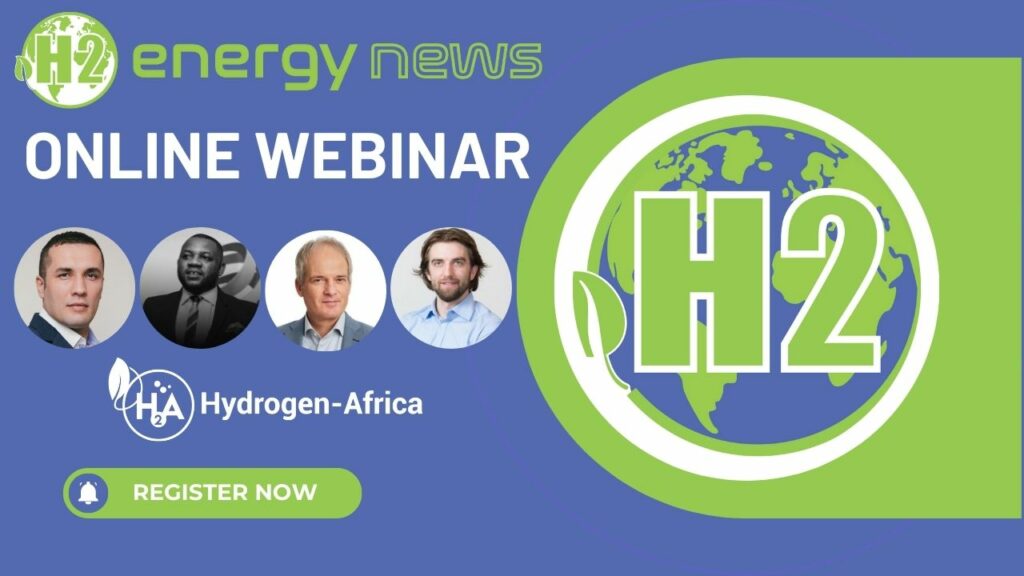You have the chance to learn about TNO activities on hydrogen development across Europe and Africa at the webinar titled “Introduction to TNO activities for the hydrogen transition,” hosted by EnergyNews.biz.
TNO has a diverse portfolio of initiatives to promote hydrogen development and transition as the largest independent research and technology organization in the Netherlands. The creation of cutting-edge electrolyzer technology is the main component of TNO’s hydrogen portfolio. TNO is also working on storage options, hydrogen transit, demand, and hydrogen development for the transportation and (chemical) industries.
Peter Paul van ‘t Veen provided an overview of the hydrogen efforts at TNO and highlighted a number of the most recent accomplishments during this webinar.
Thomas Hajonides van der Meulen provided more information about the research done at TNO on hydrogen trade routes and the primary demand-side drivers for trade.
Kal’air Trezegeut is a man who aspires to diversify business interests across Africa, providing his intake into a collaboration of African and European countries on the future of green hydrogen development. He created and continues to develop tools to assist EU Zone businesses in entering the African market, particularly in South Africa, Namibia, Angola, and Mozambique.
Follow this LINK to access the recording of our live webinar.
Access the TNO presentation under:
Study supported by the European Investment Bank
Africa has the capacity to create €1 trillion ($1.06 trillion) in green hydrogen annually by 2035, enabling it to export the fuel and support local industry.
EIB and its partners, the African Union and the International Solar Alliance, and several nations on the continent could generate the fuel, which is made by splitting water using renewable energy, for less than two euros per kilogram by 2030.
European interest
As the globe searches for alternatives to climate-warming fossil fuels and as Europe attempts to reduce its reliance on Russian natural gas, whose supplies have proven unstable due to the political turmoil caused by Russia’s invasion of Ukraine, demand for clean-burning fuel is increasing.
The research and predictions
Researchers predict that the continent’s three main hubs—Egypt, a hub in the northwestern region composed of Morocco and Mauritania, and a hub in the southern region composed of Namibia and South Africa—would produce gasoline. Although those countries’ plans to create the fuel are the most advanced, they claimed that production might begin in a number of other countries, including Algeria, Nigeria, and Mozambique.
Egypt in the center
The largest producer would be Egypt, producing 20 million tons annually. The hub in Southern Africa would come in second with 17.5 million tons, and Morocco and Mauritania could each generate 12.5 million tons. According to the researchers, 15% of that, or around half, might be made available for export.
